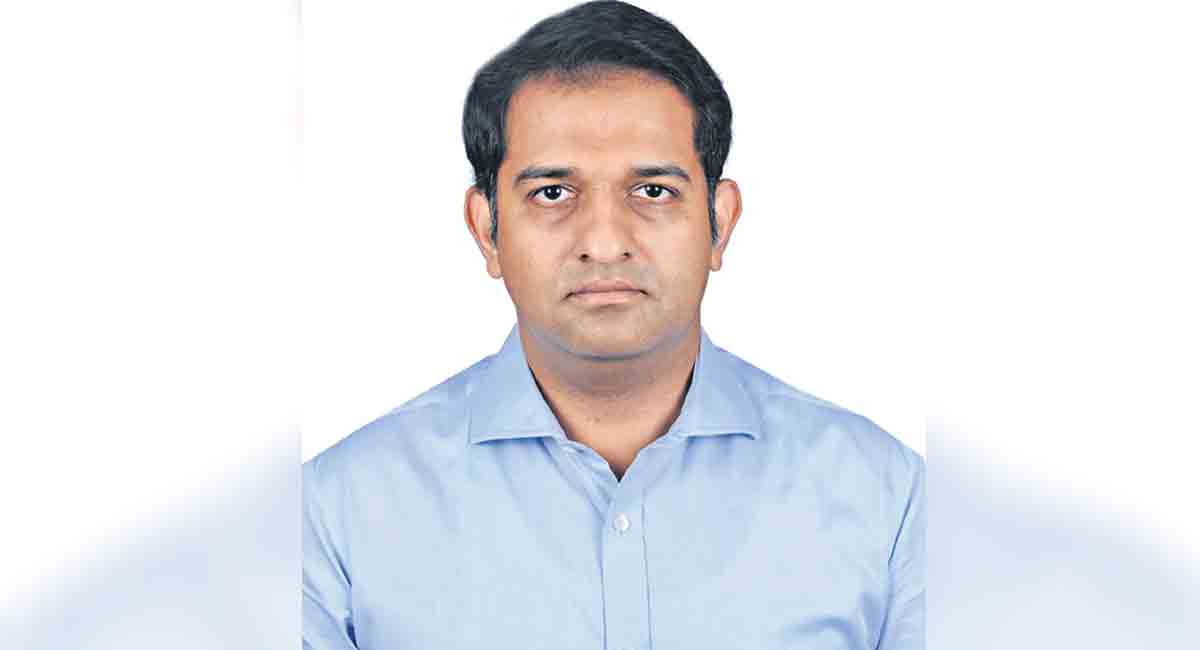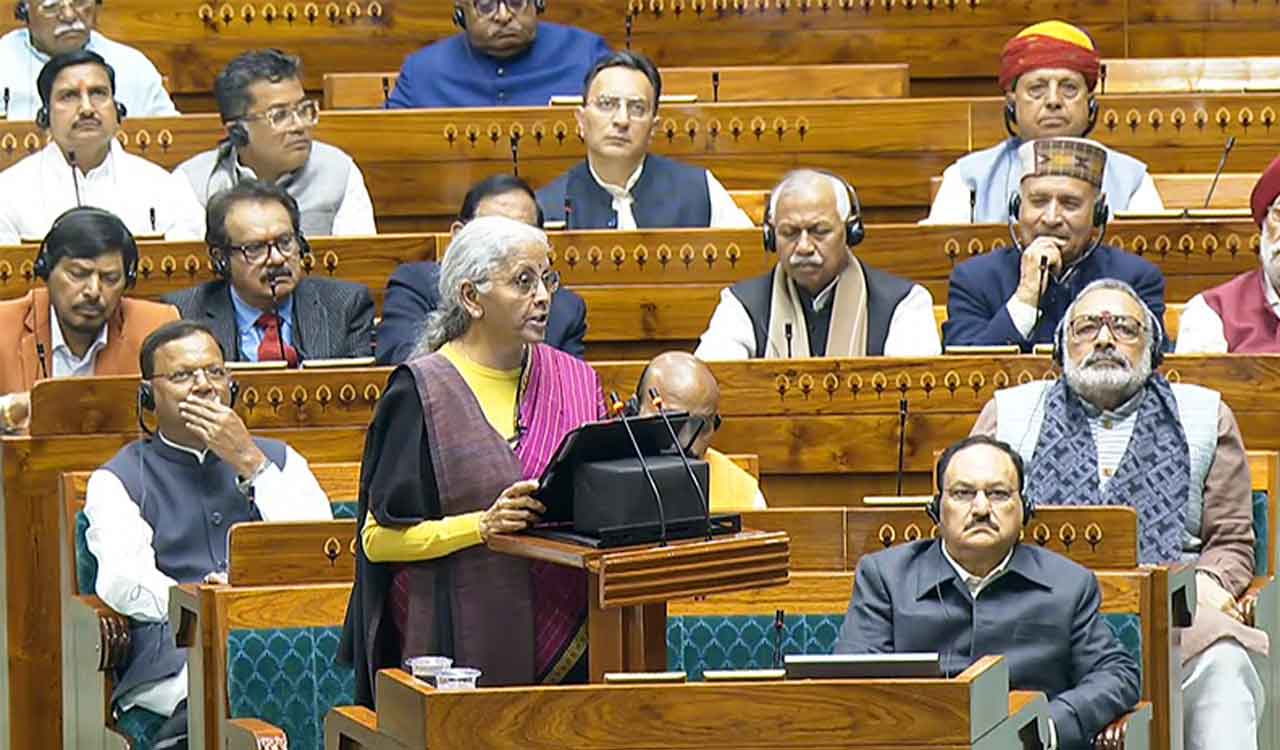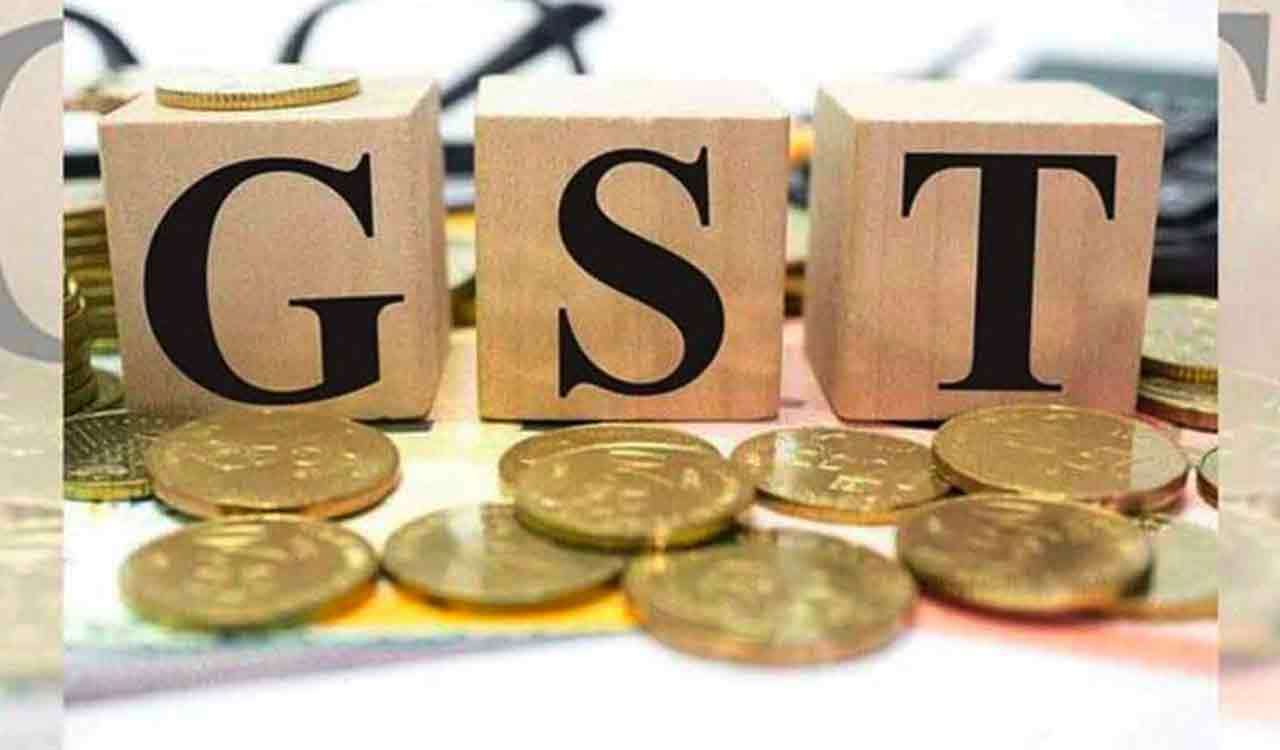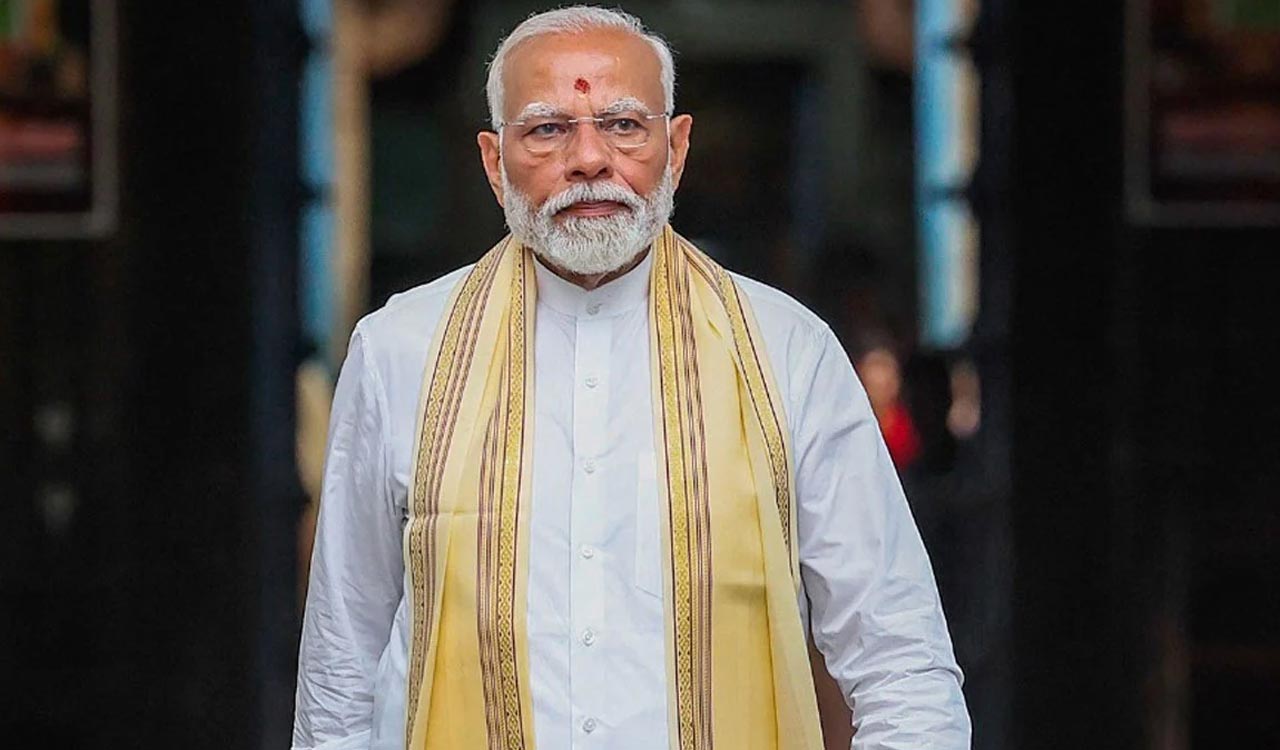‘Budget should focus on tax reforms, amendments’
Hyderabad: Budget 2022 provides an opportunity for the Government to narrow the rural-urban gap and strike a balance in reigning inflation and ensuring fiscal prudence. The momentum on the economic recovery and buoyancy of tax collections would need to be sustained, Pradeep Narayanan, partner, BSR & Co (a sub-licensee firm of KPMG in India) tells […]

Hyderabad: Budget 2022 provides an opportunity for the Government to narrow the rural-urban gap and strike a balance in reigning inflation and ensuring fiscal prudence.
The momentum on the economic recovery and buoyancy of tax collections would need to be sustained, Pradeep Narayanan, partner, BSR & Co (a sub-licensee firm of KPMG in India) tells Telangana Today in an interview. Excerpts-
Tax reforms
Despite the persistent Covid scenario, India’s direct tax collections for FY 2021-22 have soared high with a 60 per cent increase over last year. With this, it would be good if the upcoming Budget brings in tax reforms or changes, some of which are articulated as under:
A. Incentivise manufacturing and exports: The tax rate for new manufacturing companies was reduced to 15 per cent with a condition that the manufacturing operation starts on or before 31 March 2023. In view of the pandemic situation, where many corporates could not operationalise their manufacturing facilities, an extension on the commencement of manufacturing operations by two years (i.e., 31 March 2025) would be a reasonable expectation. Further, the benefit should be extended even to existing companies which have substantial expansion as against only newly incorporated companies, given that the intent is to build capacity and generate employment.
B. Additionally, tax holiday for export focused units in SEZs could be revived (extension of sunset clause by few more years) to boost exports.
C. Reduce corporate tax rates for capacity building in the services sector: The Service sector is a dominant sector of the Indian economy. Share of the services sector accounted for 54 per cent of the total Gross Value Added in FY 2021. Currently, the reduced corporate tax rate of 15 per cent is available for newly set up manufacturing companies only. It would be prudent to extend this regime to the services sector as well (particularly IT, ITeS, R&D services, AI, RPAs, Engineering services etc.), as this would augment significant employment generation.
D. To boost job creation, the Government should increase the emoluments’ threshold for the deduction under Section 80JJAA of the Income-tax Act, 1961 (‘Act’) from the existing limit of Rs 25,000 per month to Rs 50,000 per month.
E. Deductibility of expenses: A clarity on non-taxability of Covid-19 vaccination and other medical supplies / benefits provided by employers to employees and their family members is needed. Additionally, given the substantial costs involved in Covid-19 treatment in hospitals, provision of a separate deduction for such treatment costs incurred by taxpayers for self or their family, can be considered.
F. Weighted Deduction for R&D expenses: The Government should consider reinstatement of the weighted deduction for R&D expenditure to encourage innovation of new products and technologies, particularly in the pharmaceutical and healthcare industry.
G. Focused dispute resolution and clarity on prevalent tax issues: Businesses, especially foreign investors strive for clarity in the tax environment. Legacy issues such as protracted tax litigation, uncertainty around some tax issues– with authorities such as Authority for Advance Ruling (now Board for Advance Ruling), Dispute Resolution Panel are not meeting the stipulated objective. The introduction of faceless mechanisms and teething troubles associated with it hasn’t helped either. Hence, while minimising the existing stock of litigation, steps must be taken to prevent and reduce future litigation.
H. Alignment with international tax reforms: The Government of India has introduced various unilateral measures including Significant Economic Presence (SEP) and Equalisation Levy (EL) which appear very wide in application and hence have not been well received by the India Inc. Numerous representations have been made before the Finance ministry for clarifications. It would be ideal if the scope of the EL is clarified through FAQs, and no further unilateral steps are taken until the global agreements in this regard are implemented in 2023.
I. Tax holiday under Section 10AA of the Act: Section 10AA of the Act provides for tax holiday to SEZ units, which export goods or services from SEZs. Owing to the Covid-19 pandemic, several companies had to evolve a hybrid work model over the past two years and this trend is likely to continue going forward as well. With a view to provide clarity and certainty to taxpayers and avoid any litigation, it should be clarified in the Budget that the tax holiday under Section 10AA will be available to SEZ units irrespective of fact that the employees work from home for a certain period, provided there is a direct relationship between the work performed from home and the SEZ unit and the deliverable exported from SEZ units.
Individual tax slabs
On the individual tax front, the Government can consider enhancing the basic exemption limit from Rs 2.5 lakhs to Rs 5 lakhs. Also, the standard deduction can be increased from Rs 50,000 to Rs 1,00,000, while Section 80C deduction should move up to Rs 2,50,000 from existing limits of Rs 1,50,000. This would ensure higher disposal income in the hands of individuals, particularly salaried professionals thereby spurring up demand and consumption.
GST amendments
It is expected that Government will propose amendments to align the GST law with respect to the decisions taken in the GST Council meetings including the GST return structure, levy of interest only upon utilisation of ITC. Industry expects that petroleum products should be included in the GST regime. It is however an unlikely proposition in the current situation given the revenue shortfall faced by the State governments. Also, the decision on the issue of inverted duty structure (generally faced by companies in textile, mining sector etc.) and rate rationalisation is unlikely to be taken during this Budget.
Now you can get handpicked stories from Telangana Today on Telegram everyday. Click the link to subscribe.
Click to follow Telangana Today Facebook page and Twitter .
Related News
-
Mukesh Ambani announces Rs 10 lakh crore AI investment in India
11 mins ago -
AI benefits for Global South and India can be huge: Anthropic CEO
15 mins ago -
AI can help emerging economies leapfrog growth: Sundar Pichai
18 mins ago -
NHRC flags misuse of its name and logo by NGOs
24 mins ago -
DMDK joins DMK-led alliance ahead of Tamil Nadu polls
26 mins ago -
Telangana High Court allows State, Centre three weeks to file counters on plea against GHMC split
33 mins ago -
Editorial: Big challenges for India’s Quantum leap
38 mins ago -
Opinion: And the Animal asked the Human…
48 mins ago




